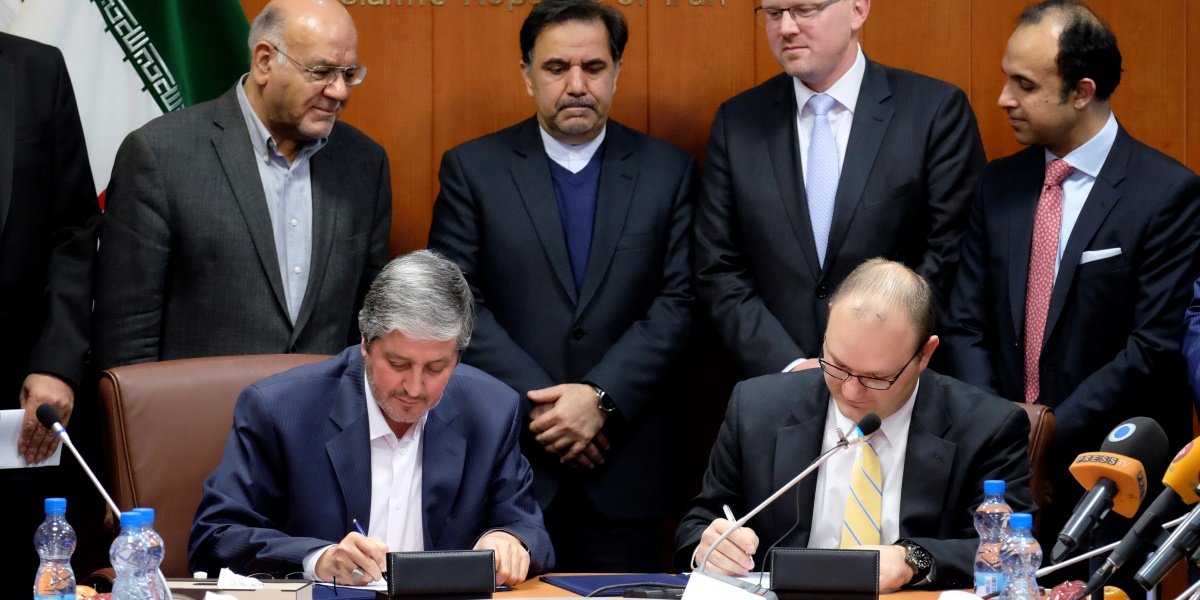Challenging the Iranian Influence over Iraq
A new balance of power is emerging between Russia and the U.S. as well as among regional powers including Turkey, Iran and Saudi Arabia.
More


Turkey's Syria Policy after Aleppo
The Turkish-backed Free Syrian Army needs to liberate al-Bab and reinforce the safe zone with moderates who left eastern Aleppo under the Turkey-Russia deal
More
At the end of the day, Obama did not act and the people of Syria suffered. This will continue to haunt his foreign policy legacy
Turkey is the main humanitarian actor on the ground spearheading intense shuttle diplomacy with Russia for a peaceful resolution of the Aleppo crisis
The main motive of Turkish-Russian relations is the interdependence in the economy, taking into consideration that bilateral trade between the two countries is quite high.
Iran is trying to establish its own area of influence before Trump is sworn in and points to Iran as the main other in the Middle East
Why Is Erdoğan Disillusioned With the West?
A quick look at the West's treatment of Turkey over the past decade reveals that Mr. Erdoğan's disappointment isn't some emotional reaction but a structural transformation already underway
More


Sisi’s Gamble: How Egypt's Turn Toward Iran Changes Power in the Region
Egypt's warming toward Russia, Iran and Syria, and its ongoing hostility to Turkey, is fatally undermining relations with Saudi Arabia
More
Turkish people demonstrated that this land cannot be designed by pro-Western policies, terrorism, Jacobin behavior and underground illegal organizations
The U.S. has been defending the coup plotters so desperately that one can't help but wonder why they won't stop supporting FETÖ
We must categorically reject stereotyping that tries to portray Erdoğan as a typical Middle Eastern autocrat and Gülen as a progressive Muslim leader
In the aftermath of July 15, we can see that an environment of peace, normalization and dialogue has appeared in Turkey's politics.
Turkish people from different political backgrounds, President Erdoğan and the government stood in harmony against those who wanted to establish a dictatorship through military power
The liquidation of the FETÖ not only means getting rid of a terrorist organization, it also means eliminating a handy lever that has a significant response in other initiatives that have been experienced over the past three years.
The people of Turkey who came face to face with tanks and armed soldiers on the streets and who witnessed the murders of civilians feel a true sense of resentment toward the dogmatic comments from American and British media
Turkey was to fall into the hands of the military junta and become one of the unstable countries in the region.
In this atmosphere the NYT continues with its oppositional stance to Turkey and radical anti-Erdoğan sentiment, despite its supposed liberal editorial line.
Turkeys reaction to Sisi was due to the military coup as well as the bloody and suppressive methods used against opposition groups by him.
Presidentialism is a democratic government system; ideally, it will not allow for the violation of the rule of law.
The Geneva Talks held in order to find a diplomatic solution to the Syria problem failed as expected and attention is now turned again towards the front where the violence had never stopped during the talks.
















